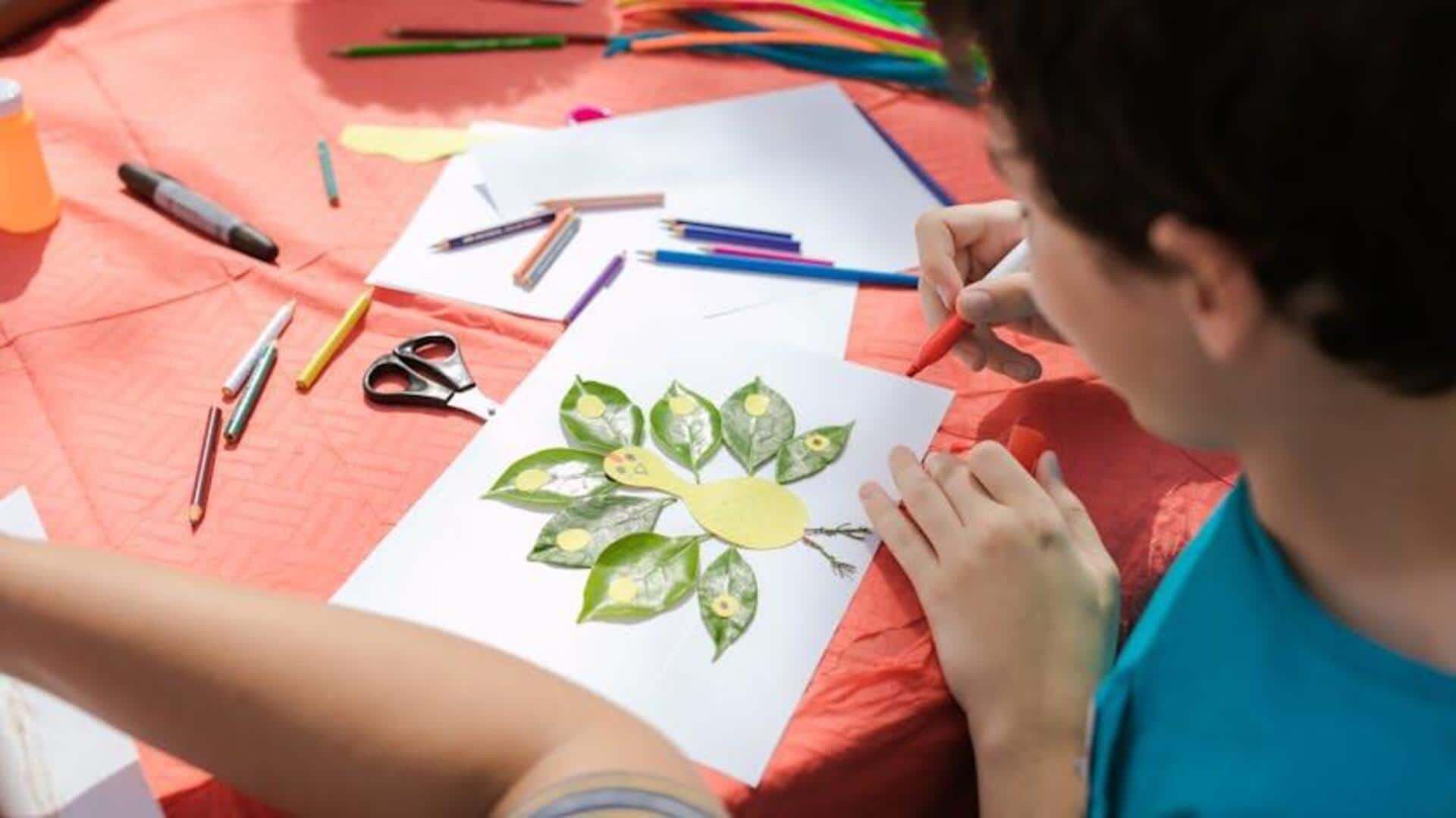
Nature-drawing can make you mindful; we tell you how
What's the story
Nature-drawing can be a potent tool to enhance mindfulness. By paying attention to the details of our natural surroundings, we can develop a deeper sense of presence and awareness. The practice encourages observation, patience, and a connection with the environment. Nature-drawing not only hones one's artistic skills but also promotes mental well-being by reducing stress and enhancing focus. Here are five ways to boost mindfulness through this creative activity.
Tip 1
Choose a quiet spot
Choosing a quiet spot is crucial for mindful nature-drawing. A calm space reduces distractions and enables you to focus completely on your subject. Be it a park, garden or a quiet corner in the woods, find a place where you are comfortable and at ease. This environment will allow you to live in the moment and pay attention to nature's fine details without interruptions.
Tip 2
Focus on details
Paying attention to small details is key when practicing mindfulness through nature-drawing. Take a good look at the textures, colors, and shapes of your subject. This focused observation is what helps train your mind to stay mindful and aware. By focusing on these elements, you sharpen your ability to notice subtle changes around you and cultivate a deeper appreciation for nature's complexity.
Tip 3
Use all your senses
Engage all your senses while drawing in nature to deepen mindfulness. Listen to the sounds around you, like birds chirping or leaves rustling in the wind. Feel the texture of leaves or bark as you sketch them onto paper. Smell the fresh air or flowers nearby as part of this sensory experience that enriches both creativity and awareness during each session outdoors.
Tip 4
Practice regularly
Consistency is key when it comes to boosting mindfulness. By scheduling nature drawing sessions regularly into daily routines, one reinforces habits of being present-focused rather than distracted by external stimuli, such as technology screens, social media notifications, etcetera. These often detract from overall well-being levels experienced throughout life's journey itself. Ultimately, this leads towards improved mental health outcomes on a long-term basis overall, too!
Tip 5
Reflect on your experience
After every session, take a moment to reflect on what you saw and learned. Write down thoughts, feelings and insights in a journal if you like. This reflection helps understand how you have grown as a person and sets future goals for continued practice. It makes sure that you develop on your own without any added pressure.